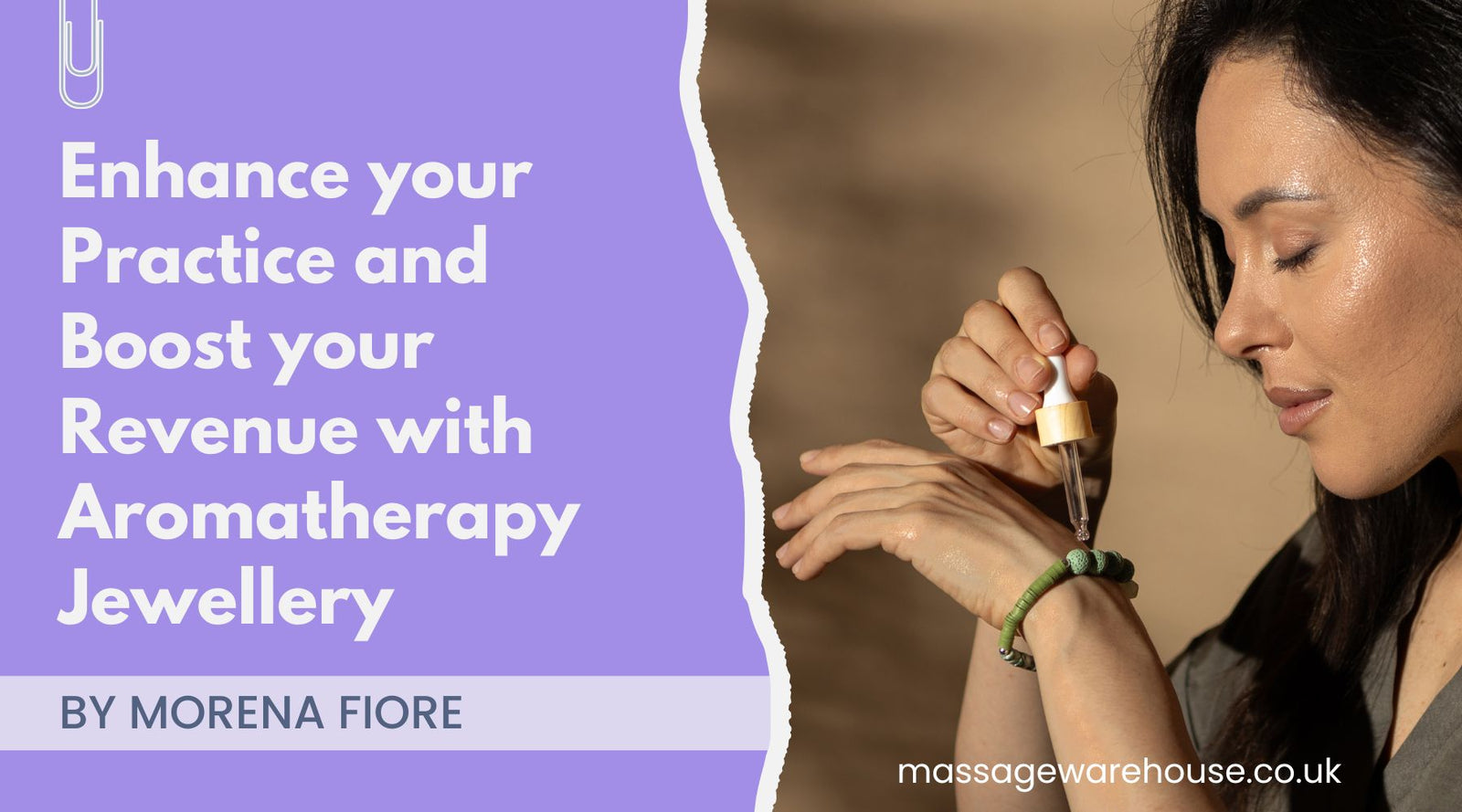Your Cart is Empty
I'm new to being a massage therapist, so I took along time before deciding to buy a seated massage chair and equally as long deciding on which one. I am very pleased with this purchase. It's easy to put up and oh so comfortable. It's sturdy and stable. Wheeled case us very handy. I recommend this product to you all.
Review regarding DELIVERY ONLY.
Purchased this massage table on 16th March.
The massage table was not delivered to my front door, but left downstairs (x2 floors away) and box was damaged resulting in the table also being damaged (hole). Also, the table had been previously used as there was dirt and animal hair stuck to the bottom. Massage Warehouse was very apologetic and sent out another one. But this was more damaged than the last one! Massage warehouse apologised again and sent out another one (Third one), but we asked this one to be sent to another address, but it ended up being delivered to the original address. Thankfully, this one was delivered to my front door and this time both the box and contents we in good condition. After that, MW sent me x2 return labels to attach to the remaining damaged tables and they were collected on 3rd April. The whole experience was frustratingly long and Massage Warehouse have not offered any compensation for the inconvenience caused, which is a shame on their part. They did not change the delivery company until after the second damaged table arrived and should have done this after the first time. As for the product, its excellent, strong and practical and I'm happy with it.
Thank you massage ware house for advising me on the rolls as they are easy to use and very absorbant.
They are a great purchase along with my Delta 2 massage table.
I have 3 sets of these covers now as my clients and I found the disposal bed roll distracting, uncomfortable and took away from the experience. So I have been waiting for more to come in from my original purchase and I then bought the additional 2. They wash and dry very well and are still in great condition. Only difference in the sets is that the blackness has faded slightly when you put it against brand new sheets, but not at all where they look worn or anything. And considering the other one was my only cover set for a while it’s been washed and dried after every client. I’m going to be buying more as my business expands, I am going to have multiple sets at my studio premises and then sets for when I’m mobile. Quick and easy set up, the flat sheet is huge so even my biggest clients got under and feel covered and cosy. 100% recommend
Thin, poor quality fabric. Cover is barely big enough and closure is very tight. I'm afraid to wash it in case it shrinks and becomes totally useless. Worth about £2 max. Don't waste your money.








